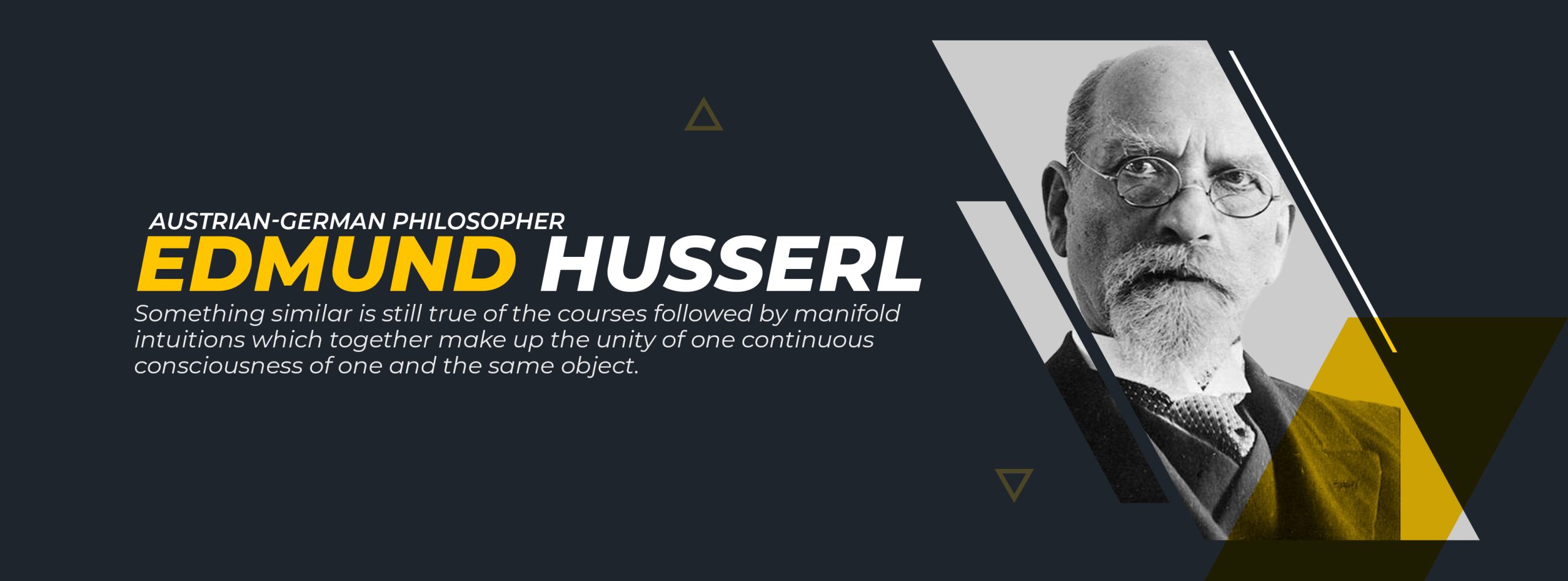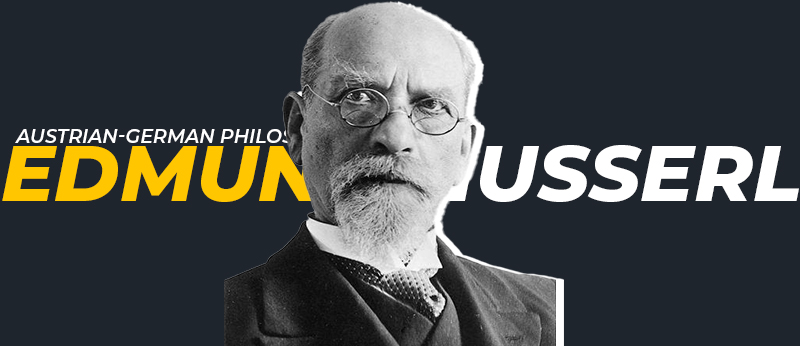Top 10 most inspiring quotes by Edmund Husserl
- To begin with, we put the proposition: pure phenomenology is the science of pure consciousness.
- Philosophers, as things now stand, are all too fond of offering criticism from on high instead of studying and understanding things from within.
- To every object there correspond an ideally closed system of truths that are true of it and, on the other hand, an ideal system of possible cognitive processes by virtue of which the object and the truths about it would be given to any cognitive subject.
- Within this widest concept of object, and specifically within the concept of individual object, Objects and phenomena stand in contrast with each other.
- At the lowest cognitive level, they are processes of experiencing, or, to speak more generally, processes of intuiting that grasp the object in the original.
- The ideal of a pure phenomenology will be perfected only by answering this question; pure phenomenology is to be separated sharply from psychology at large and, specifically, from the descriptive psychology of the phenomena of consciousness.
- Pure phenomenology claims to be the science of pure phenomena. This concept of the phenomenon, which was developed under various names as early as the eighteenth century without being clarified, is what we shall have to deal with first of all.
- It just is nothing foreign to consciousness at all that could present itself to consciousness through the mediation of phenomena different from the liking itself; to like is intrinsically to be conscious.
- Without troublesome work, no one can have any concrete, full idea of what pure mathematical research is like or of the profusion of insights that can be obtained from it.
- Something similar is still true of the courses followed by manifold intuitions which together make up the unity of one continuous consciousness of one and the same object.

Edmund Husserl (1859–1938) was a renowned German philosopher and the founder of phenomenology, a philosophical method focused on the examination of conscious experiences as they are directly perceived, without preconceptions or assumptions. Born in Prostějov, Moravia (now in the Czech Republic), he studied mathematics, philosophy, and psychology in Vienna and Leipzig.
Husserl’s groundbreaking work, “Logical Investigations” (1900–1901), laid the foundation for phenomenology, emphasizing the importance of intentionality—the inherent directedness of consciousness towards objects. His ideas influenced a wide range of fields, including philosophy, psychology, linguistics, and theology.
Throughout his life, Husserl’s philosophy evolved, moving from early psychologism to transcendental idealism. He aimed to establish philosophy as a rigorous science and believed that by engaging in phenomenological reflection, one could gain insight into the essential structures of consciousness and reality.
Husserl’s notable works include “Ideas: General Introduction to Pure Phenomenology” (1913), “Cartesian Meditations” (1931), and “The Crisis of European Sciences and Transcendental Phenomenology” (1936). His teachings had a profound impact on 20th-century philosophy, inspiring philosophers such as Martin Heidegger, Jean-Paul Sartre, and Maurice Merleau-Ponty.
Edmund Husserl’s enduring legacy lies in his transformative contributions to philosophy, particularly phenomenology, reshaping the way we perceive and understand human consciousness, experience, and the nature of reality.
👉Listen to the best music from all over the world at www.liveonlineradio.net #Edmund_Husserl #quotes #FM #Online_radio #radio #live_online_radio #live #world_radio





